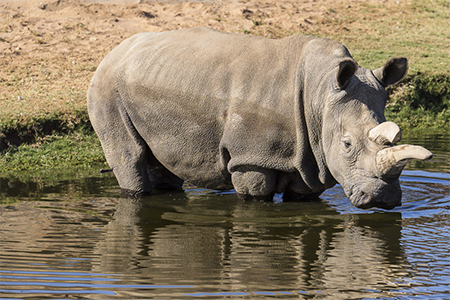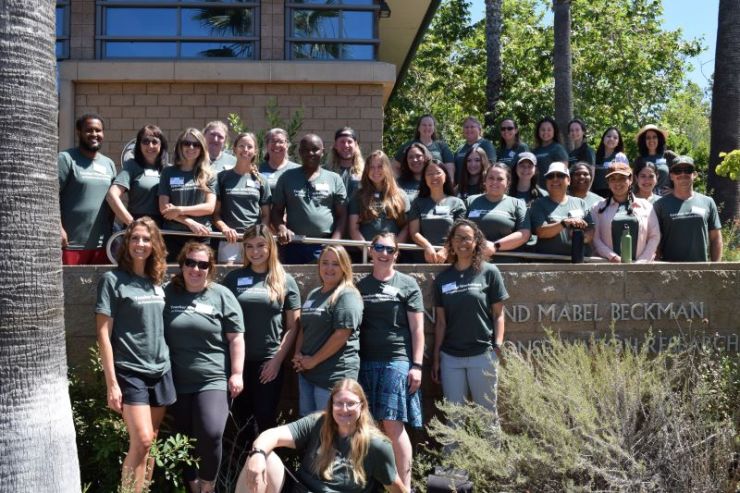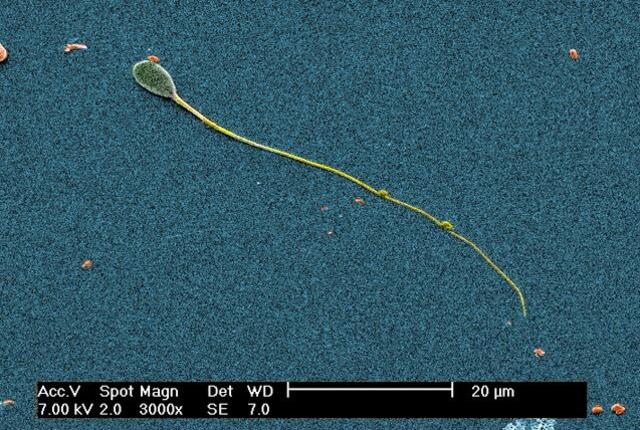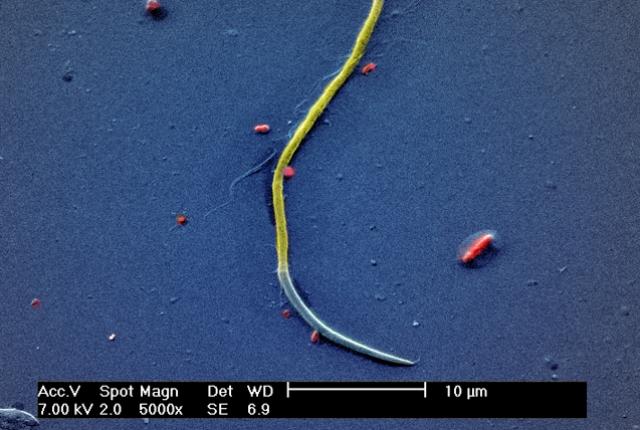Bring Wildlife Conservation to Your Classroom
By Piper Hamill, Research Coordinator I, Community Engagement, San Diego Zoo Wildlife Alliance
We hope everyone who had the chance to attend our session “White Rhino Reproduction - Hormones, Sex, and Conservation” had a great time! It is always amazing to engage educators from all over the state at the annual 2023 California Science Education Conference.

If you did not have the opportunity to attend, we would like to introduce you to some great resources as well as San Diego Zoo Wildlife Alliance’s plan to save the critically endangered Northern White Rhino. With only two northern white rhinos left, and no males, this subspecies needs our help.
The Northern White Rhino Initiative has three major steps for our Reproductive Sciences team:
- Develop pluripotent stem cells from the 12 Northern White Rhino fibroblast cell lines stored in the Frozen Zoo
- Use those stem cells to create rhino sperm and eggs and combine those to generate northern white rhino embryos
- Have a southern white rhino serve as a surrogate to the northern white rhino embryo
The hope is to eventually have a self-sustaining northern white rhino population put back into the wild, bringing them back from the edge of extinction. Of course, this would not be possible without the Conservation Genetics team who determined the genetic viability of a rhino population from these cell lines. Nor could it be done without the Biodiversity Banking team who cares for the cells in the Frozen Zoo, some for decades! And let us not forget about the wildlife care staff who train the southern white rhinos in our care on voluntary husbandry procedures through positive reinforcement.

We use the Northern White Rhino Initiative as a case study in our lesson where students diagnose the reproductive status of a rhino via a hormonal assay. Along the way students learn micro-pipetting, proper sample handling, graphing skills, reproductive hormones, and feedback mechanisms. Students also gain a better understanding of the role of zoos in conservation, the adaptations of rhinos, the threats to their survival, and the actions students can take to help wildlife.
The San Diego Zoo offers amazing resources for any educator trying to incorporate conservation into their classroom. For those taking on reproductive sciences or biological diversity, the Sperm Atlas is a free educational database that displays the diversity of sperm morphology across the Animal Kingdom. Who knew there is such a variety in sperm morphology?

Artic Fox Sperm

Burmese Python Sperm
Students and educators are also welcome to access free animal fact sheets for their next research project courtesy of the San Diego Zoo Wildlife Alliance Library. You can stay up to date with our conservation work in our Journal or see more into the day of a life as a scientist in our science blog. Want to decompress and view some animals while you work? Check out the free live animals cams. For those who prefer an auditory format, we have a podcast! There is always more to learn at our Wildlife Explores page. If all of these resources move you to action, teachers and students should check out our community science projects. Here, anyone can contribute valuable data by classifying hundreds of wildlife images from remote trail cameras.
If you are interested in learning more about our lessons and how to incorporate conservation work into your classroom, consider checking out our Teacher Workshops in Conservation Science hosted by the Community Engagement team. These workshops are a FREE, 3-day professional development program held each summer at the San Diego Zoo Safari Park and Beckman Center for Conservation Research. Applications will open in the early spring of 2024. We welcome applications from both informal and formal educators around the world who work with grade 6–12 audiences. Non-science teachers are also welcome provided they apply with a science teacher partner. We hope to support educators to incorporate cross-curricular projects centered on student action and wildlife conservation!
Email contact: teacherworkshops@sdzwa.org





